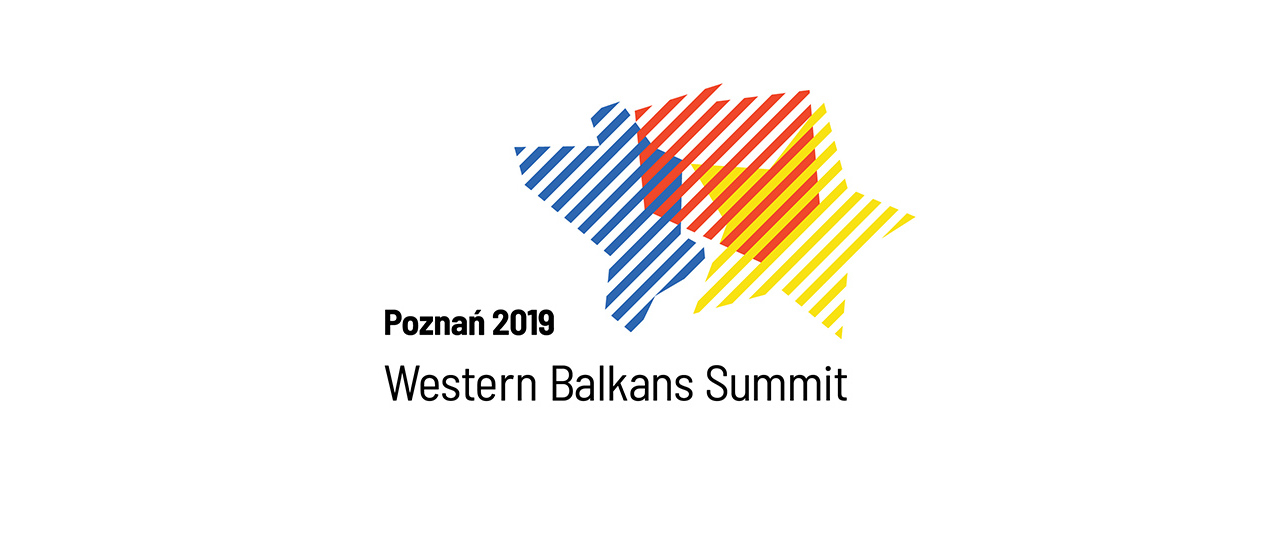Western Balkans conference today in Poznan

The Western Balkans conference is held today and tomorrow in Poznan as part of the Berlin process. This meeting will guide the policies of the new European Commission for the Balkans.
The most important guest of this conference, which has been convening each year since 2014, is German chancellor Angela Merkel. Merkel is also the founder of the Berlin Process. The scope of this incentive is to guide the six countries of Western Balkans: Albania, Bosnia and Herzegovina, Kosovo, Montenegro, Serbia and North Macedonia in their path towards EU integration. In a video message before the summit, the chancellor described this path as a difficult one: “There’s still much tension and conflicts that need to be overcome and many conditions must be delivered until Western Balkan countries are finally ready to become part of the EU”, she said.
The entire region of Western Balkans should follow the example of North Macedonia and accelerate reforms, especially in the field of rule of law, respect for human rights and good governance, Johannes Hahn, Commissioner for European Neighbourhood Policy and Enlargement Negotiations, told the Western Balkans Summit in Poznan on Thursday.
Commissioner Hahn said EU must keep to its promises and reward “the country that made historic progress”, adding that failure to do so would shatter the Union’s credibility.
“I stand behind the European Commission recommendation over the start of accession negotiations with Albania and North Macedonia. I believe that the EU Council will confirm our positive assessment in October. Both countries have implemented reforms, especially in the spheres noted in the Council conclusions of June 2018,” said Hahn.
He said that countries of the Western Balkans can count on EU’s support in the implementation of reforms in the coming years, through the IPA 3 programme, in which funds are set to increase by 13 percent.
Hahn added that Western Balkans economies are already closely linked to the EU with over 70 percent of the trade exchange.
“Travel times and business costs will be cut by removing the traffic bottlenecks. This will ensure an even better use of the region’s economic potential,” underlined Hahn.